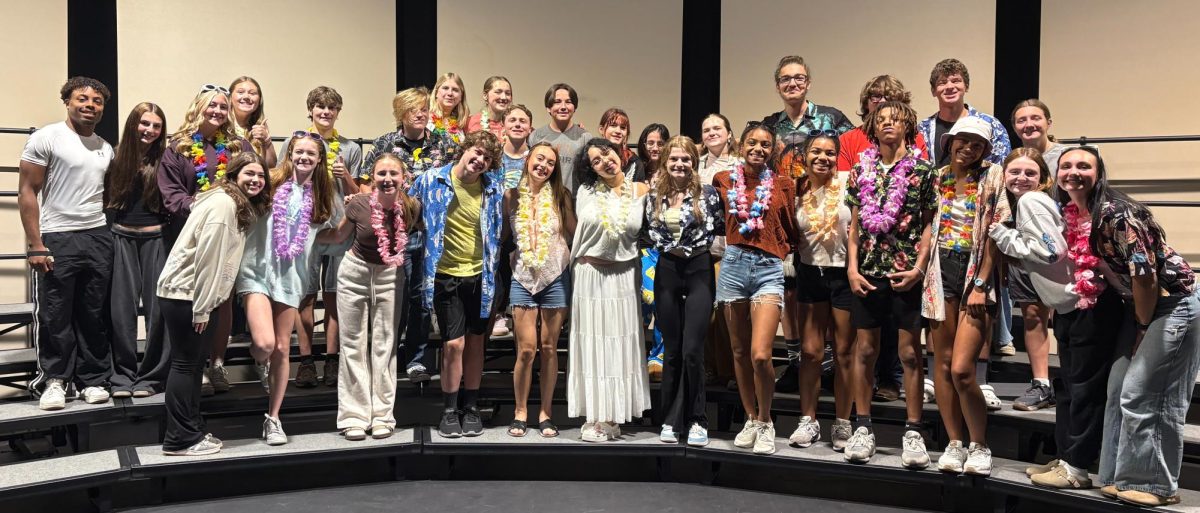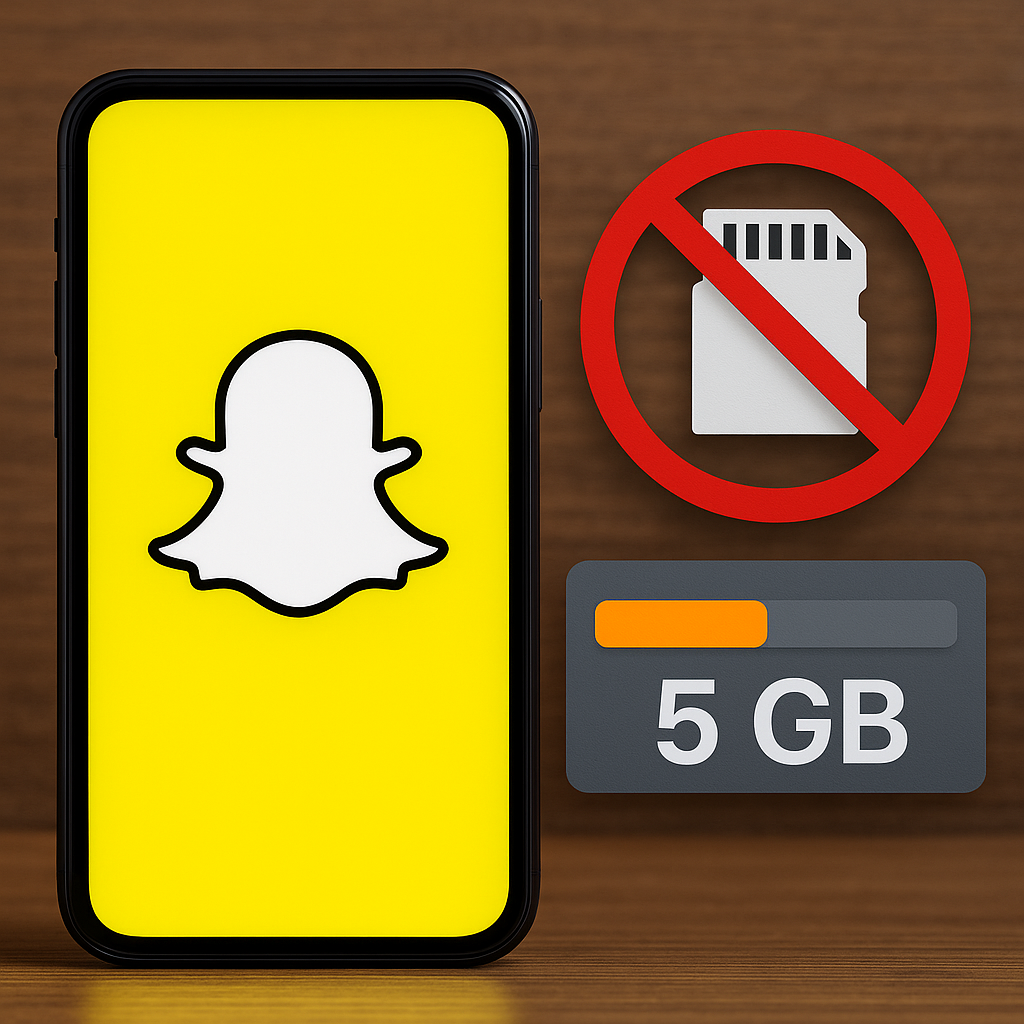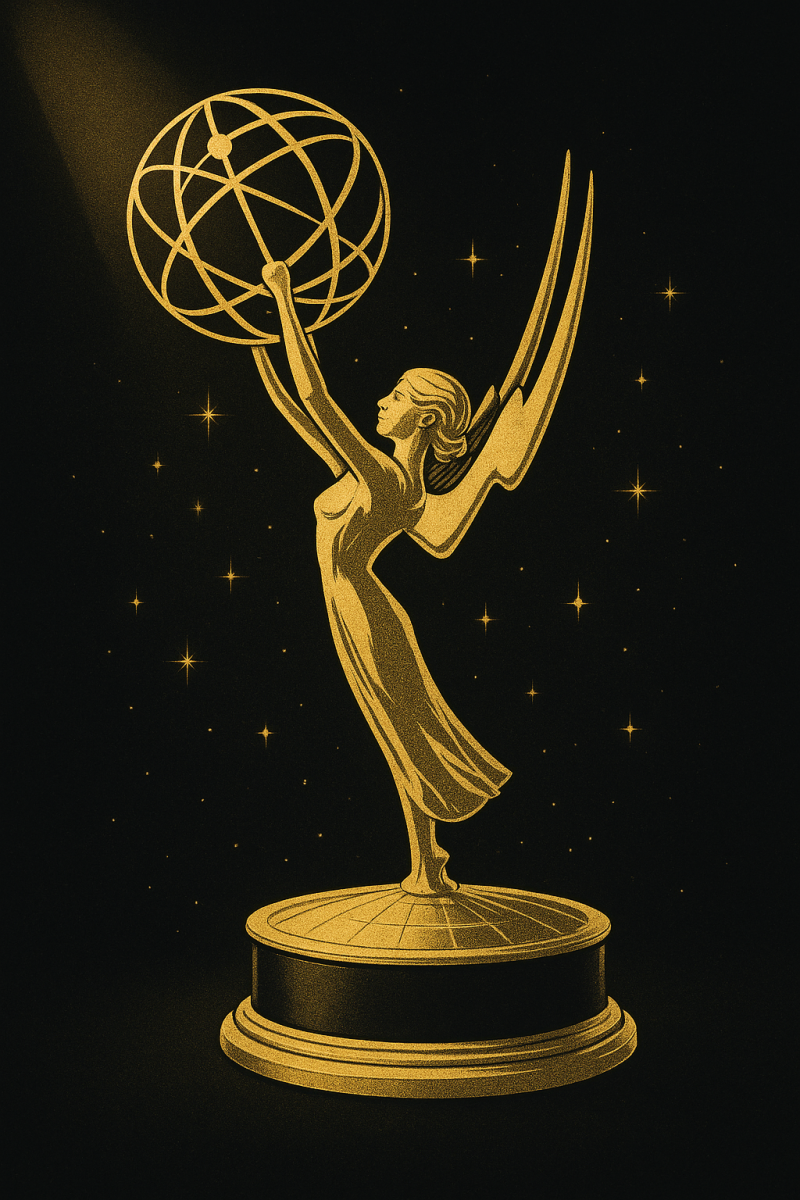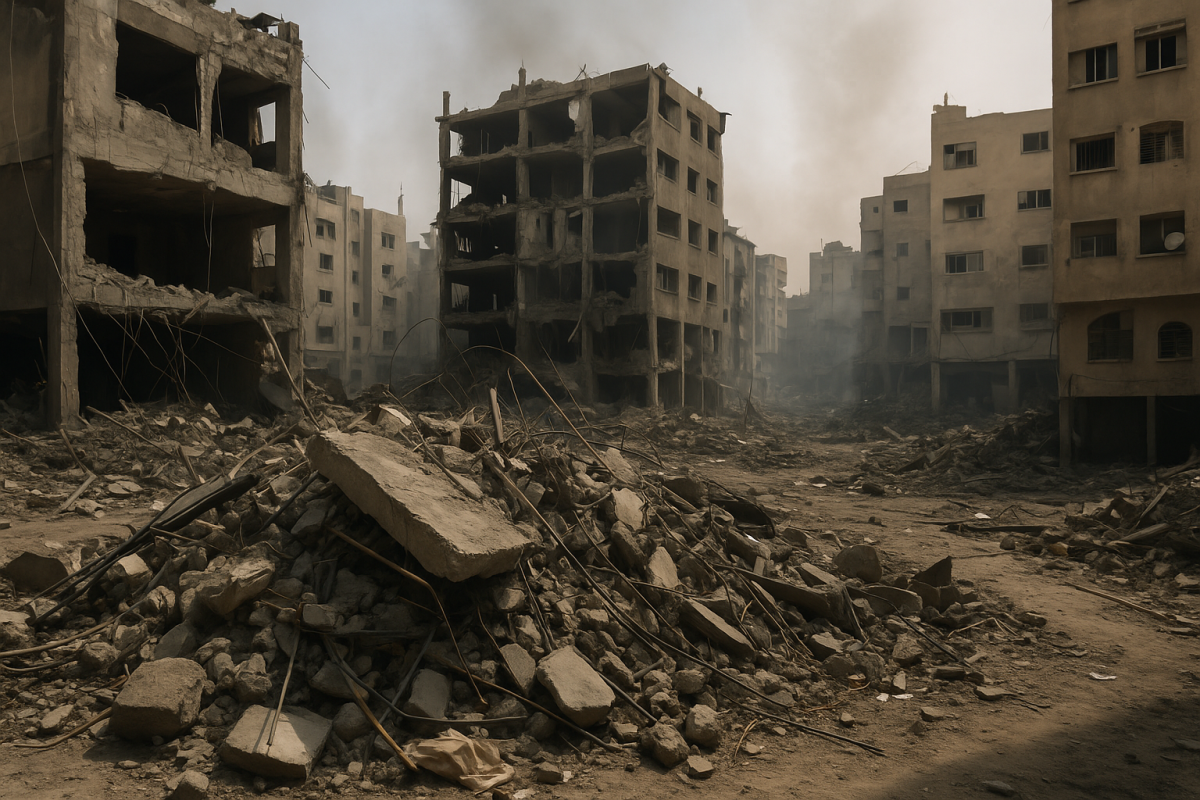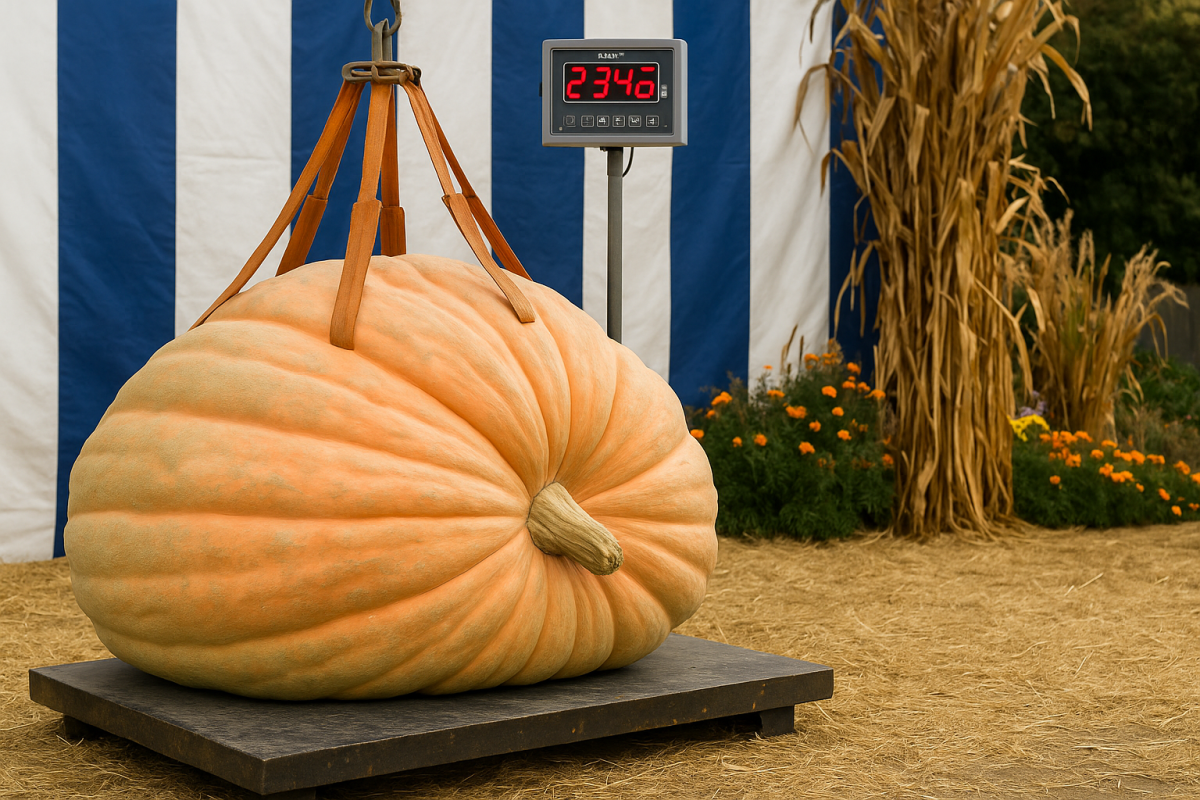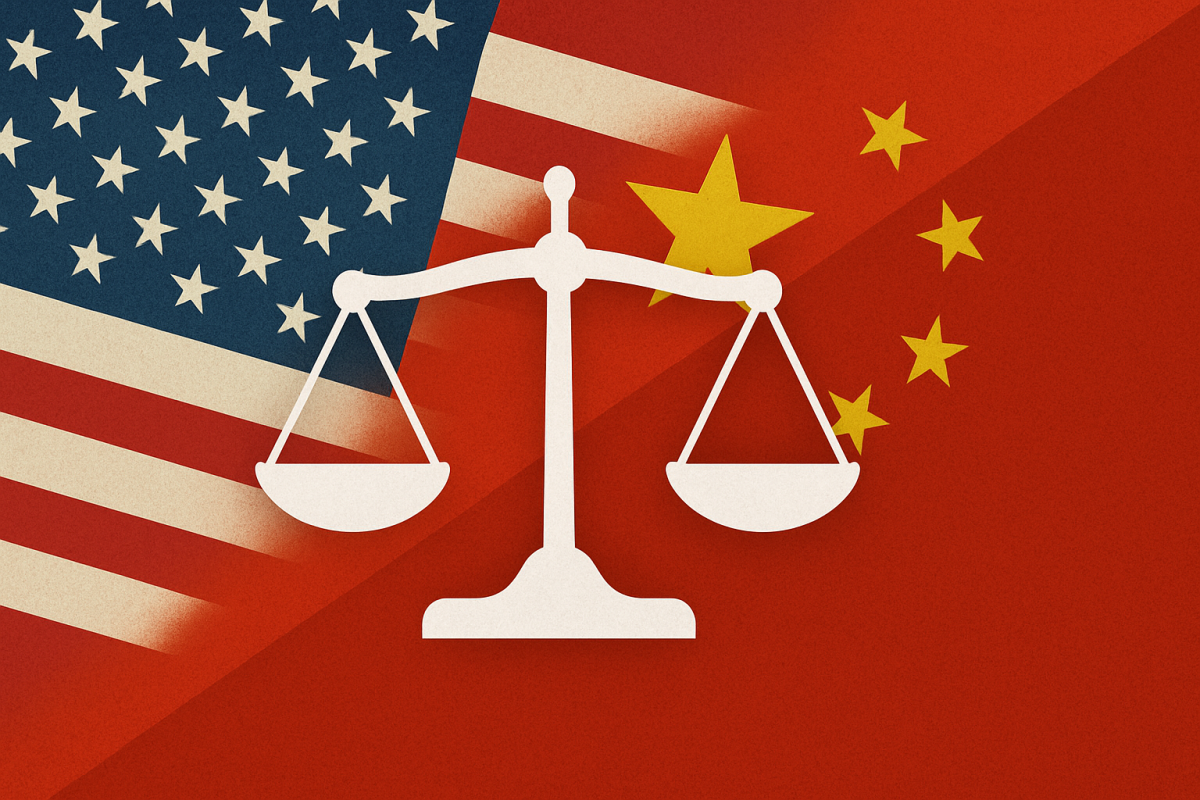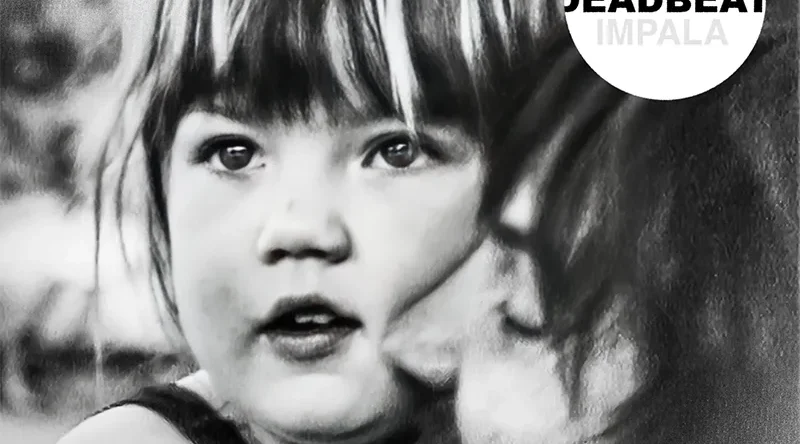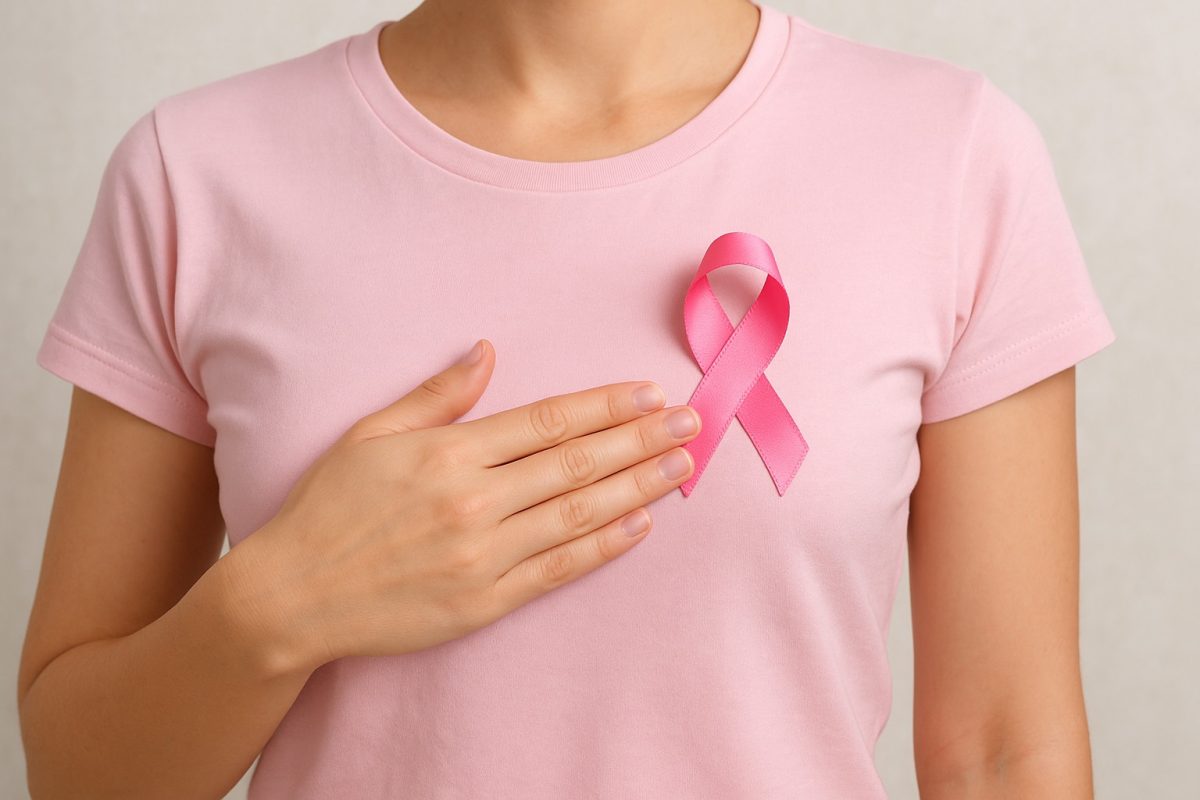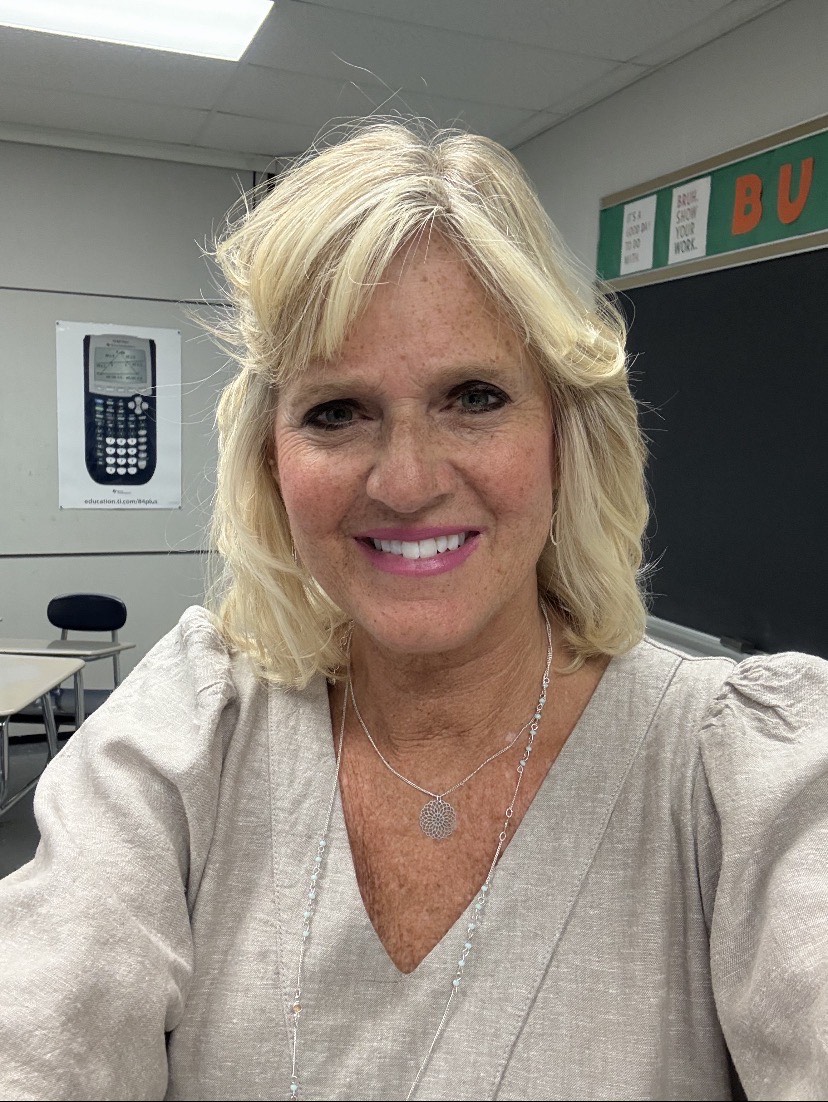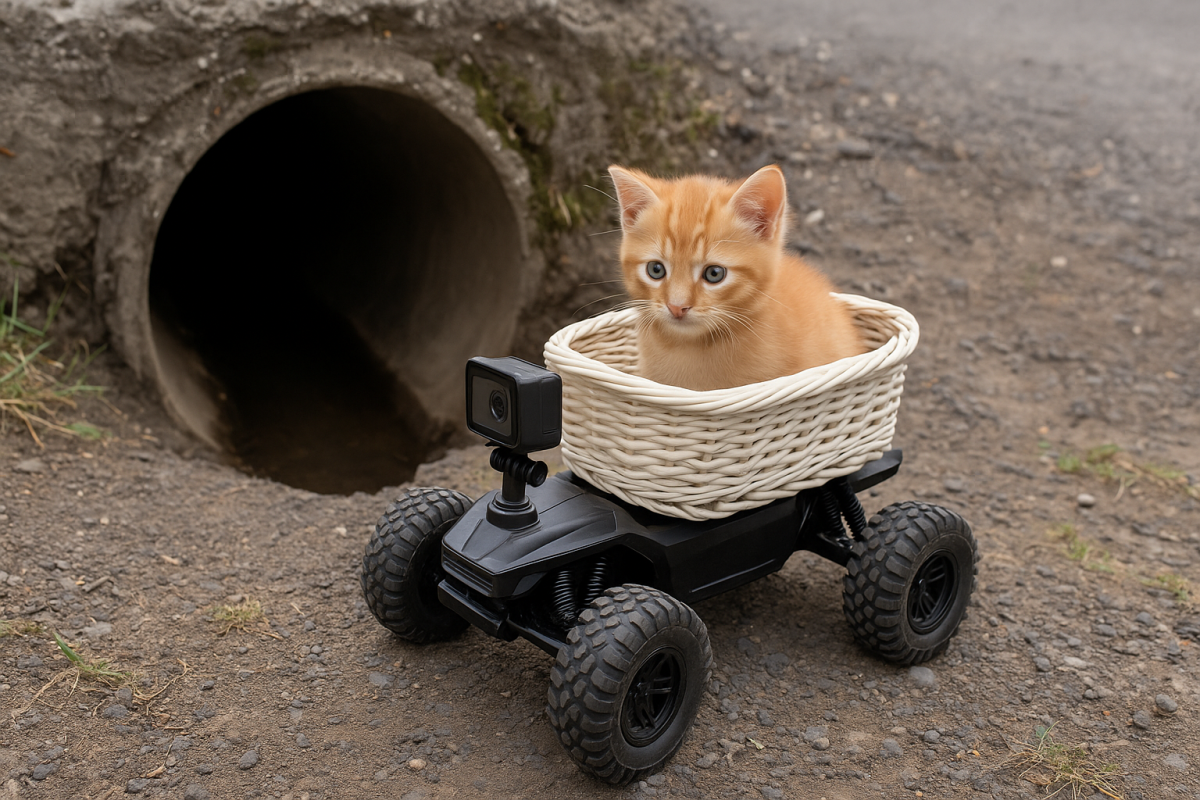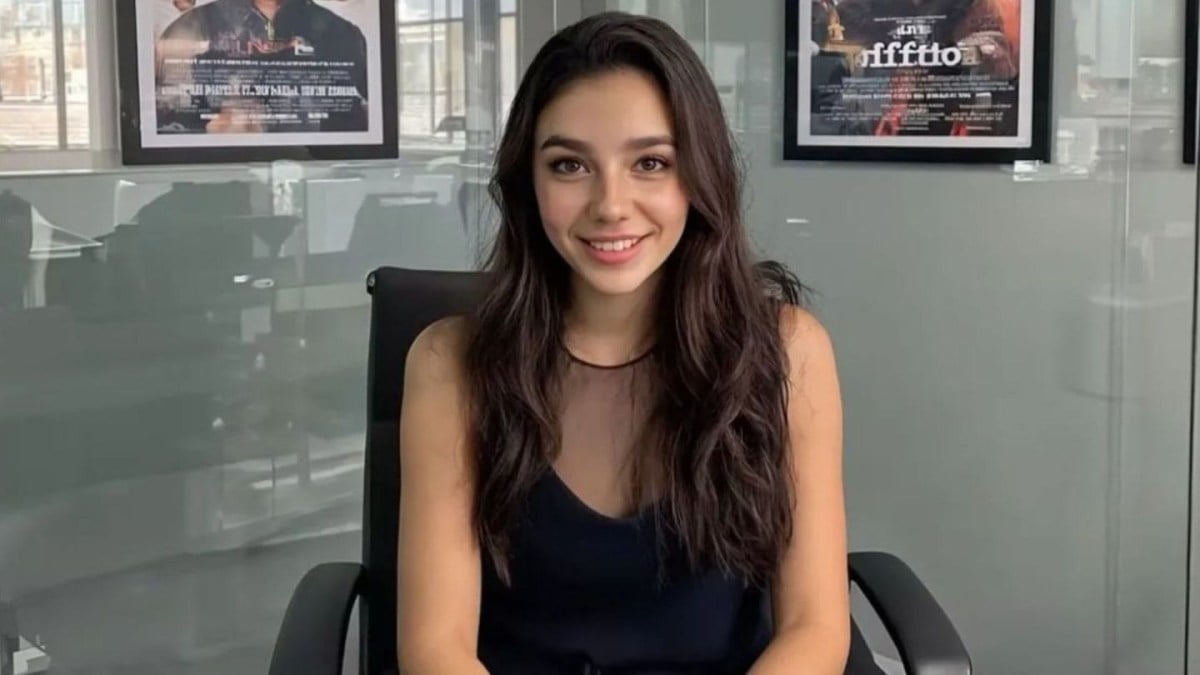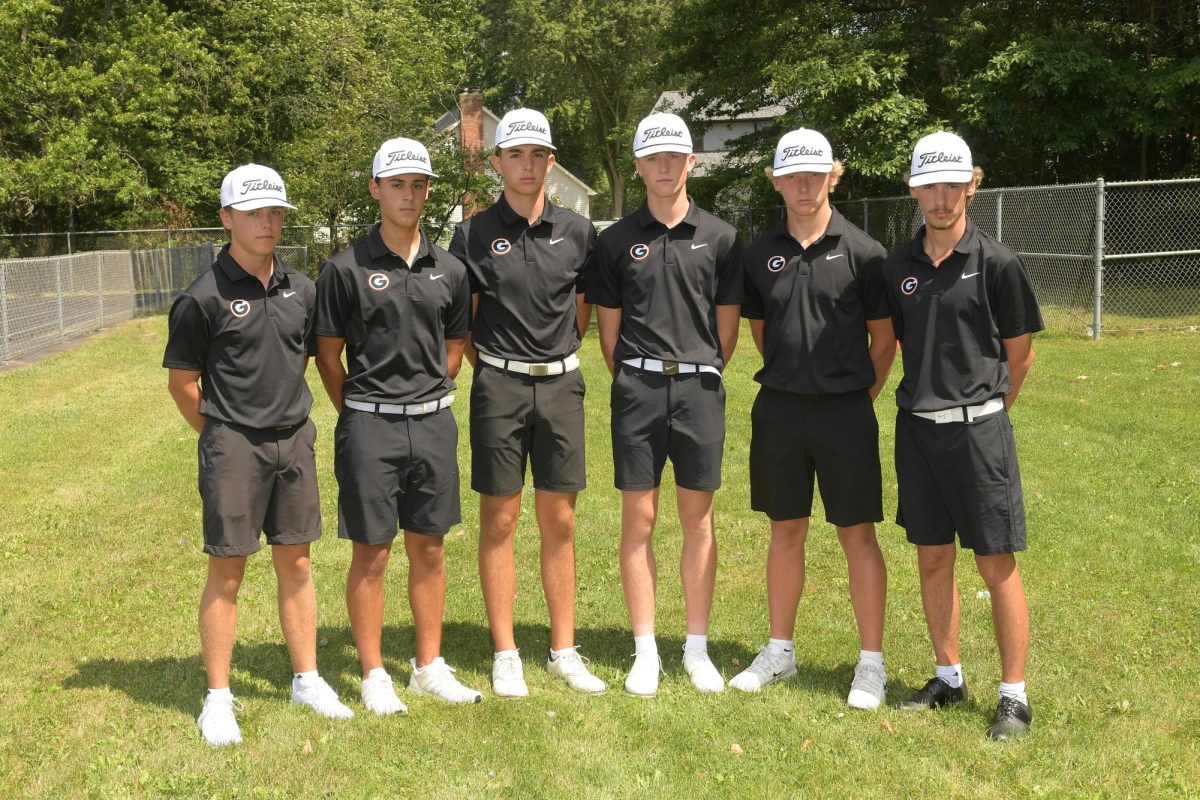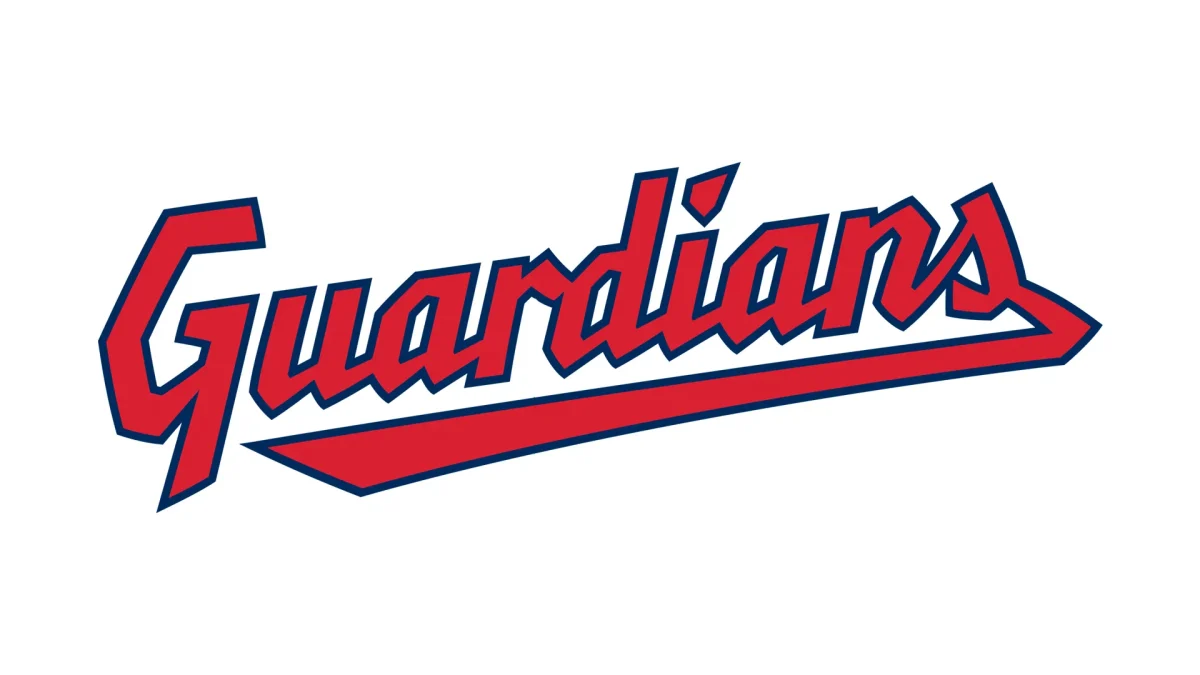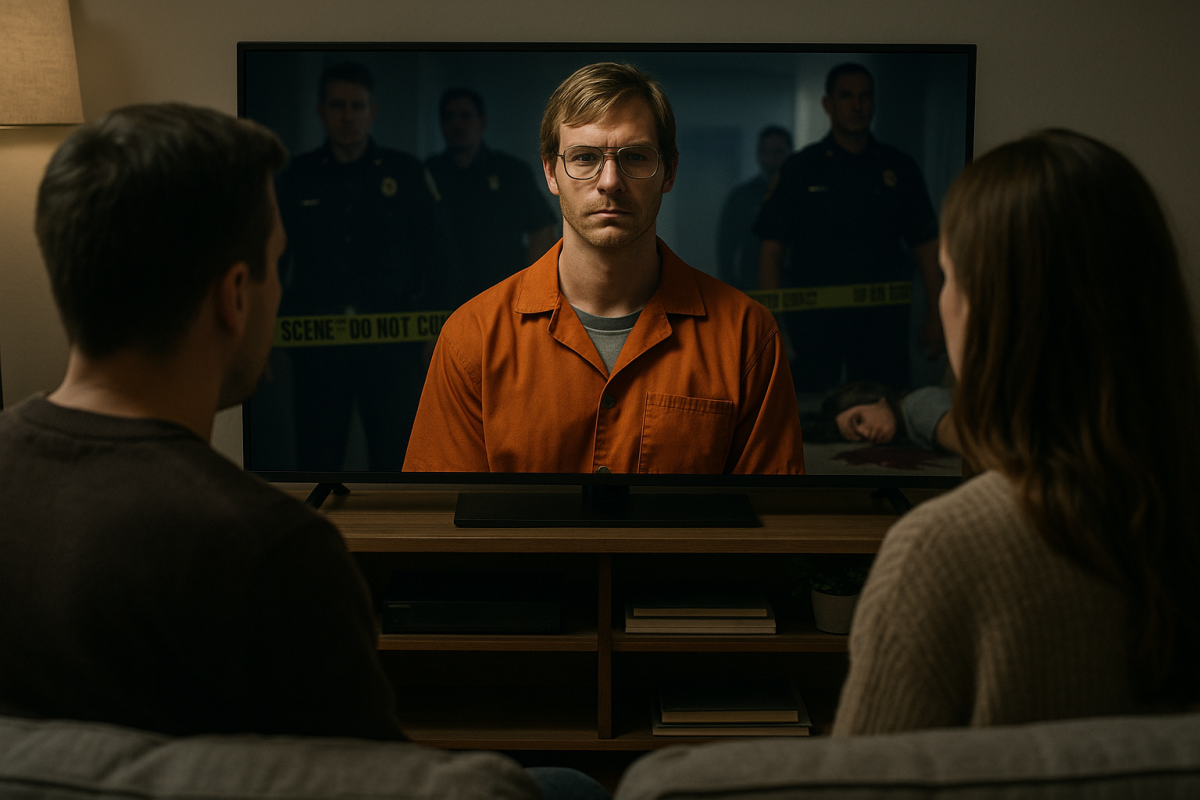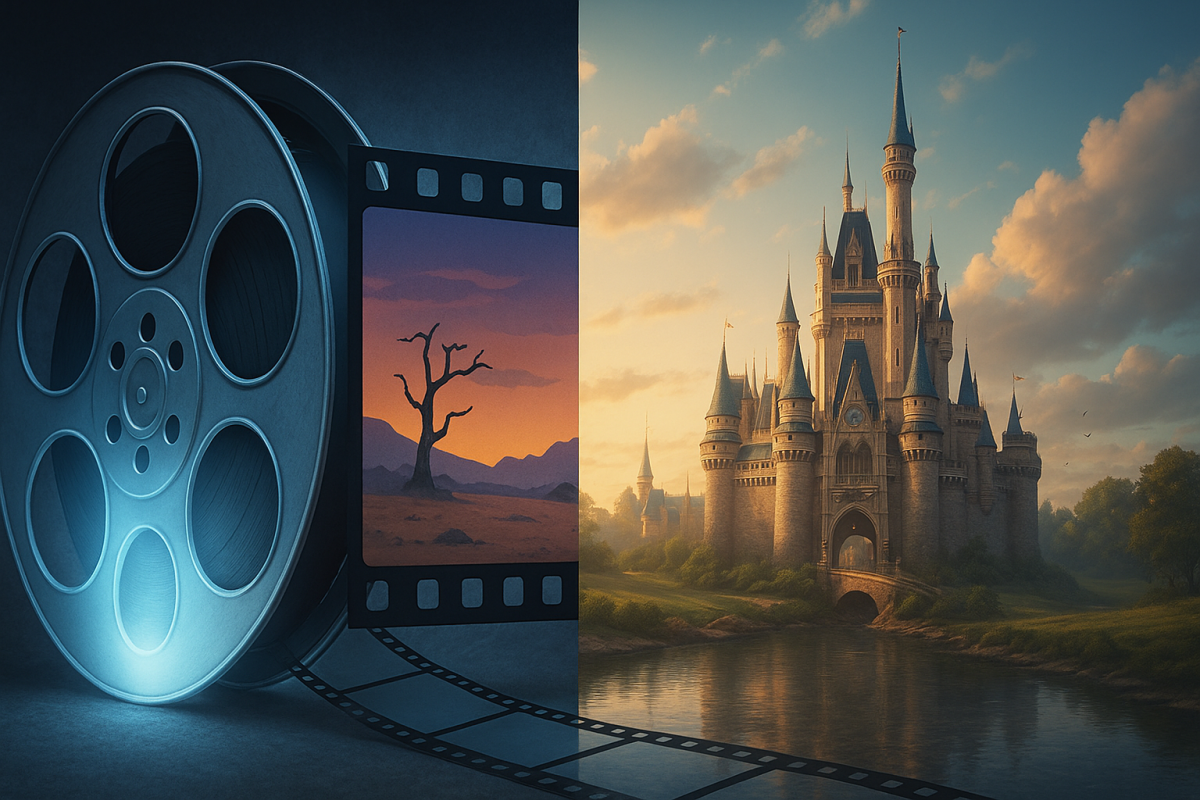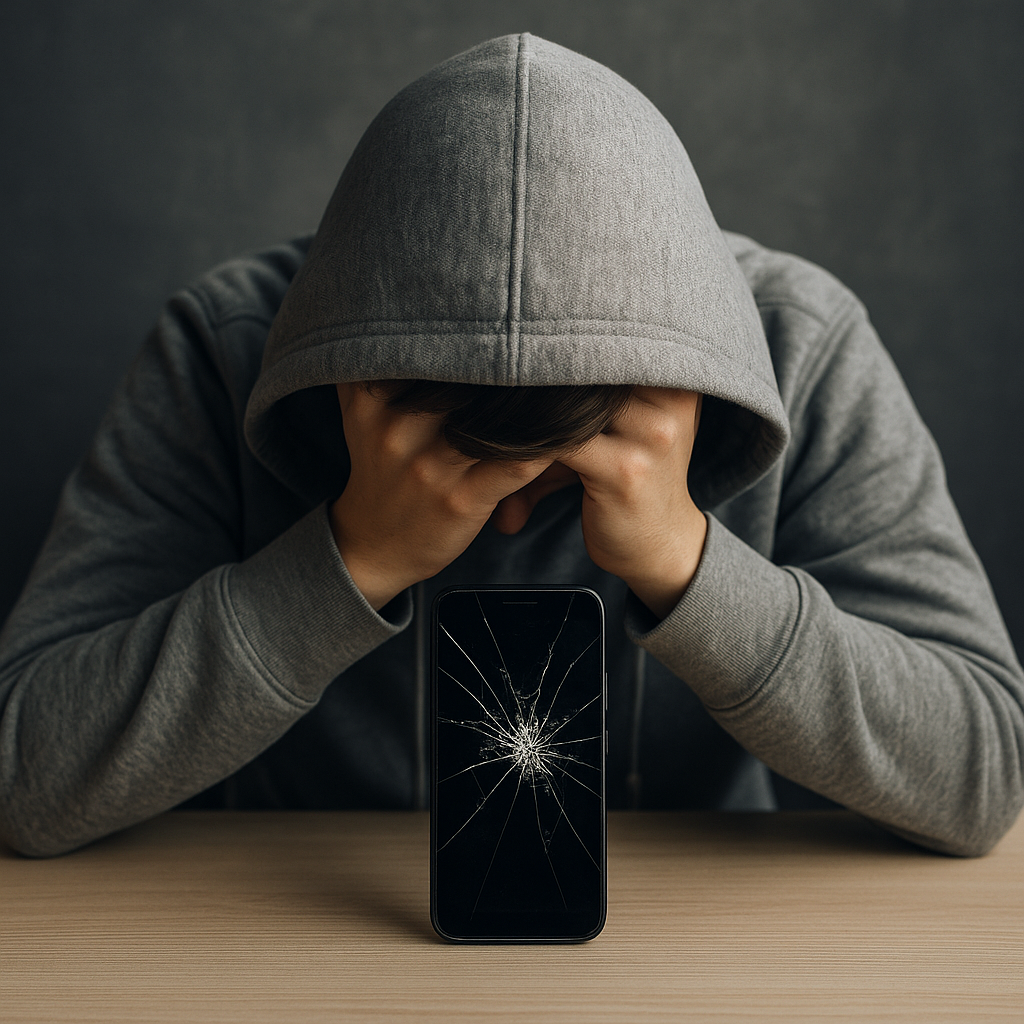Every generation has (to use the technical vocabulary) a zeitgeist– a spirit that defines the age and shapes the people within. The Lost Generation, filled with post-WWI disillusionment, was sad. Millennials have their awkward humor born from teen years that saw both 9/11 and the 2008 financial crisis. And Generation Z, also known as Gen Z, Zoomers, or the iGen, seem to really, really like youth activism.
Youth activism is not new. It’s also not a distinctly Gen Z thing. Many previous generations were characterized by the popular protests of their day; think anti-Vietnam War demonstrations, largely led by students. But what is different about the kids now are three major things: the number of activists (in a study published by the communications firm Edelmen, 70% of Gen Zers were involved with a socio-political cause), the fact that the generation is incredibly united on core issues, and, of course, social media.
Young people, who trend more left as a whole, tend to align on three main topics. Research performed by the agency Murmuration shows that gun control and school shootings (87%), environmental issues (72%), and education rights (71%) rank among the top concerns for Gen Z surveyees. In addition, some of the most popular recent mass demonstrations have been organized in large part by Gen Zers, such as the March For Our Lives protest and the Global Climate Strike, with each boasting 1.2 and 3.8 million participants respectively.
This mass mobilization and interest in youth activism finds its roots in another portion of society that greatly affects Gen Z: social media. Social media is most typically used for entertainment purposes, something that has held especially true in the past. However, this is beginning to change. Americans have increased their total social media usage by 22% from 2012 to 2022 (according to a Pew Research Center study about social media in different countries). This can be seen through the rise of TikTok, the evolution of Instagram and the ever-changing platform now called “X”.
In the same study, it was found that “Young people are also especially likely to consider social media [as] an effective tool in the political realm, particularly regarding its capacity to change people’s minds on social issues and to raise awareness of those issues.” This not only touches on the different viewpoints between older and younger people on the influence of social media, but also develops the idea that social media can be used to change society. So, what does this all really mean
Social media platforms like YouTube, TikTok, Instagram and Snapchat all provide one key element: the ability to spread ideas. This can be done through a long video, an Instagram reel or a story post. These features permit more and more people to share how they feel about certain issues going on in the world or within the United States, and it provides people with similar minds the opportunity to come together on causes they feel passionately about.
“I do use social media to express my opinions on current events in the world. I mainly focus on social issues that affect minorities and those whose voices are not heard. I definitely use Instagram the most when posting about these issues.” Elissa Wood ‘24 said.
Younger people especially spend significantly more time on social media than any other age group. This is very true regarding information gathering as well. Gen Z is slowly moving away from traditional news outlets like 24 hour news channels, newspapers and radio stations such as NPR, contributing to the growing population who rely on social media as their main source of news and information.
“To be more involved, I believe other students should absolutely stay aware of current events in our country and world. I think people should also watch out for biases in the media and pay attention to the language that major outlets use in articles. I also think that we don’t realize the full extent of our power when it comes to interacting with our officials. It’s easy to express our opinions with our elected officials and express our want for change considering certain issues.” Wood said.
The ability to quickly get information out on social media and then rapidly organize response movements have been invaluable to countless causes. It’s also easier to coordinate international events or connect to politicians, all at the click of a button.
Of course, rampant social media activism has a dark side.
“It’s like a hive mind, one that can do more damage than good.” said Kelsey Ujhazy ‘26.
This hive mindset can lead to the improper use of things such as “cancel culture” where celebrities, politicians, and even random people get called out on the internet, sometimes with negative results like harassment or doxxing. In certain cases, the reasons a person might be canceled could be false, or at the very least misleading.
“Cancel Culture literally just polarizes people even more over situations that don’t matter when attention should be on coming together to solve actual problems. People on the internet are just hungry for the next thing they can flock to and collectively complain about to feel less lonely in a polarized country.” Lily Howdyshell ‘24 said.
Furthermore, social media activism is often regarded as vain, or pointless.
“If you want to be an activist and make change, actually go do something. Don’t go crying online. You’re only making your case look whiny and weak” Howdyshell said.
It is easy, after all, to post a black square on your Instagram feed and claim to support Black Lives Matter, then forget about the whole topic and never, to use a cliche, put your money where your mouth is.
Overall, it is clear that Generation Z is using their environment to promote causes they feel passionate about, whether that is to the aforementioned causes’ detriment or aid. Though the effects of social media activism, journalism, and usage is polarizing, it is an integral part of youth culture, and might very well be the defining feature of the current age.
Social Media Activism Trends
Blue Square Emoji – associated with the Stop Jewish Hate movement, as blue is a color associated with Judaism
Black Square (posted on feed) – a reference to the Black Lives Matter movement
Watermelon Emoji – used in reference to the Free Palestine movement, as the colors reflect the Palestinian flag (green, red, and black)
Red hand prints, usually across mouth – represents the the movement for Missing and Murdered
Indigenous Women, which recently got confused on social media as a trend for sexual assault survivors.
Student Activist Q+A: Danya Hammoudeh
Q. What are you doing as a student activist?
A. “I am personally doing all I can to spread information on what is happening in Palestine, meaning Gaza and the West Bank. Since I could conceptualize what was [and is] happening to Palestinians for simply being Palestinian, I’ve been trying to inform the people around me who think this is a “controversial” or “complex” topic. Recently, I’ve also been educating myself and going to lectures. I’ve also been volunteering and donating to the PCRF (Palestine Children Relief Fund), [who] will help the children in Palestine who are in medical need.”
Q. Does social media play any part in your work?
A. “110% What’s going on in Palestine isn’t anything new. Palestinians have been treated inhumanely since 1948, that’s no secret. However this is the first time I’ve seen so many of my non-Palestinian friends advocate so passionately about the rights of Palestinians. I think the youth is so much more informed about what’s happening now more than they ever have been because of [the] spread of information and images coming out of Palestine [from social media].”
Q. What is one thing you wish people knew about your work?
A. “I want people to realize that being pro-Palestinian doesn’t make you anti-Semetic. That’s a big misconception, and a tactic used to justify the slaughter of Palestinians. But I also want people to understand that peace doesn’t always mean liberation. It’s frustrating to have white men in powerful positions who’ve never set foot in Palestine make decisions [on] whether our lives matter. They refuse to call for a ceasefire but claim to want “peace”. We [Palestinians] don’t just want peace, we want to be liberated from occupation. Free Palestine!”

